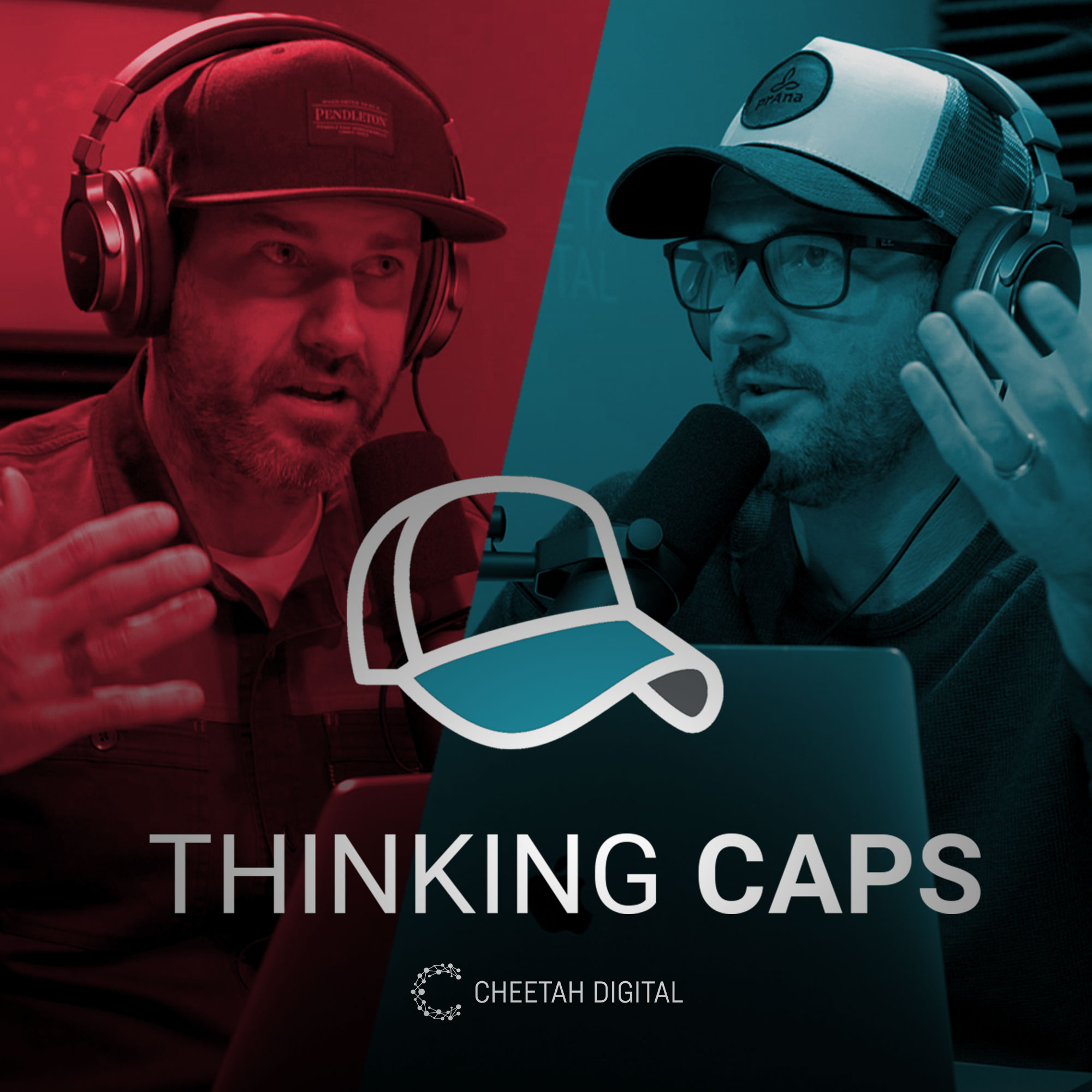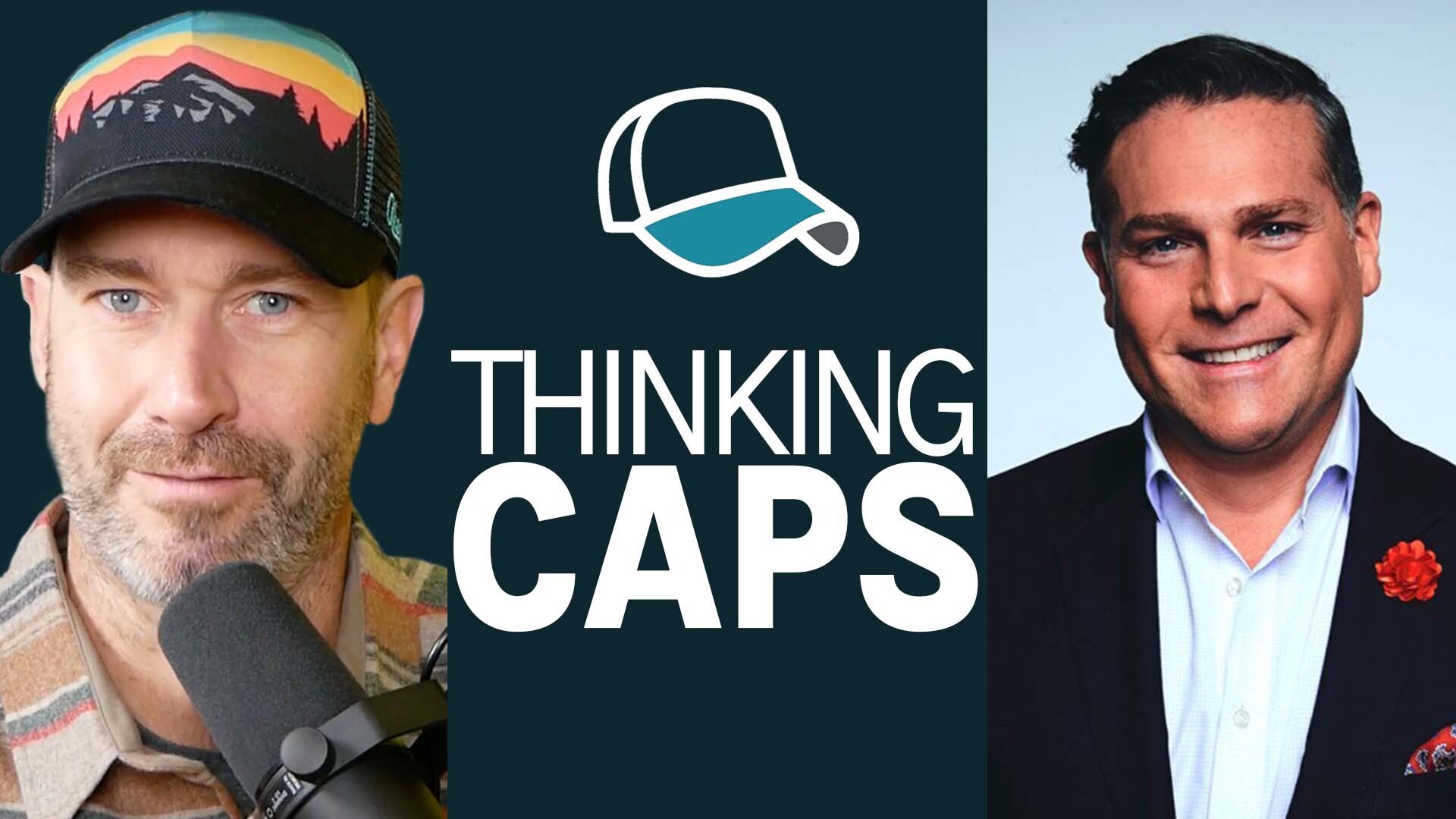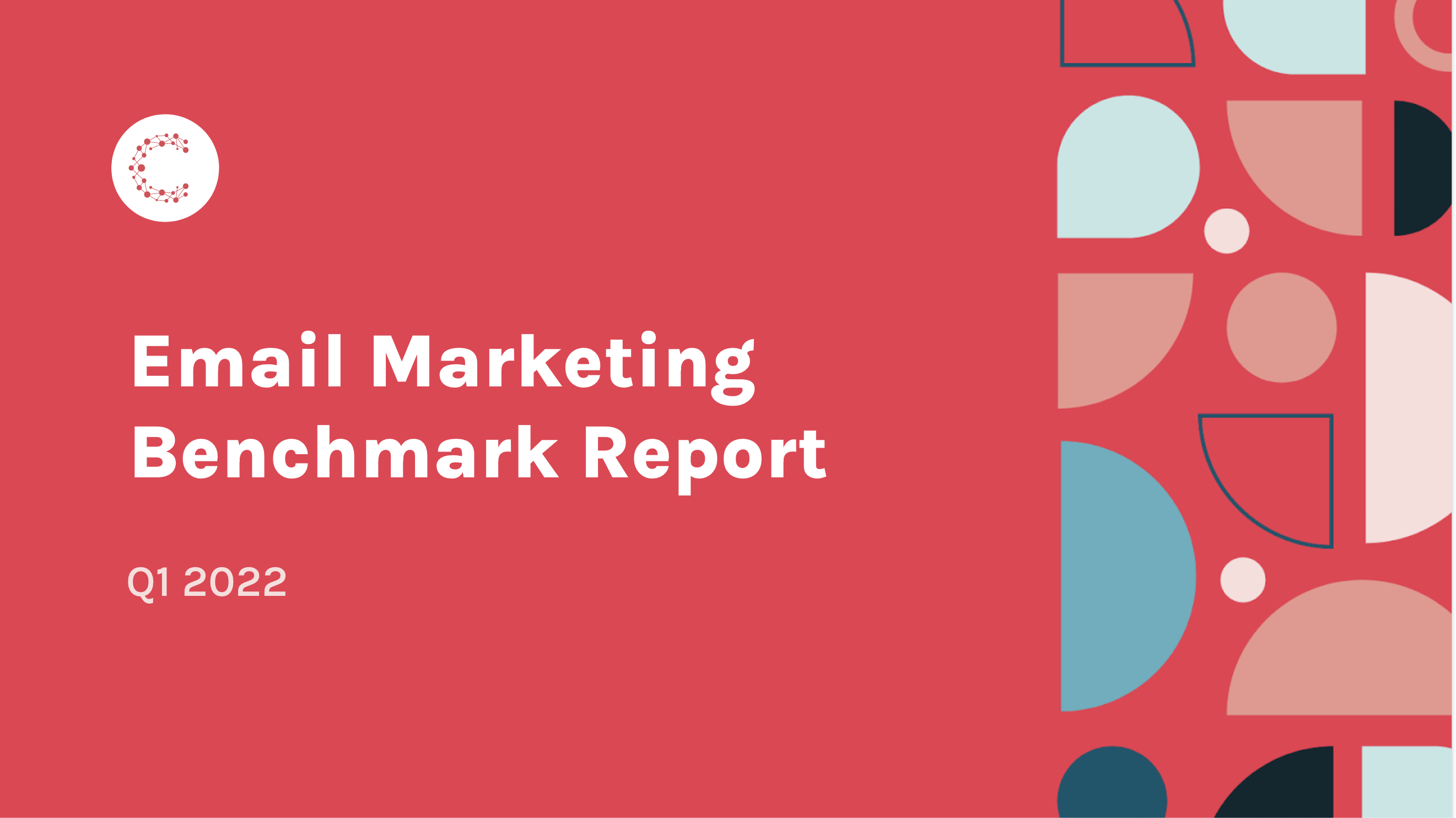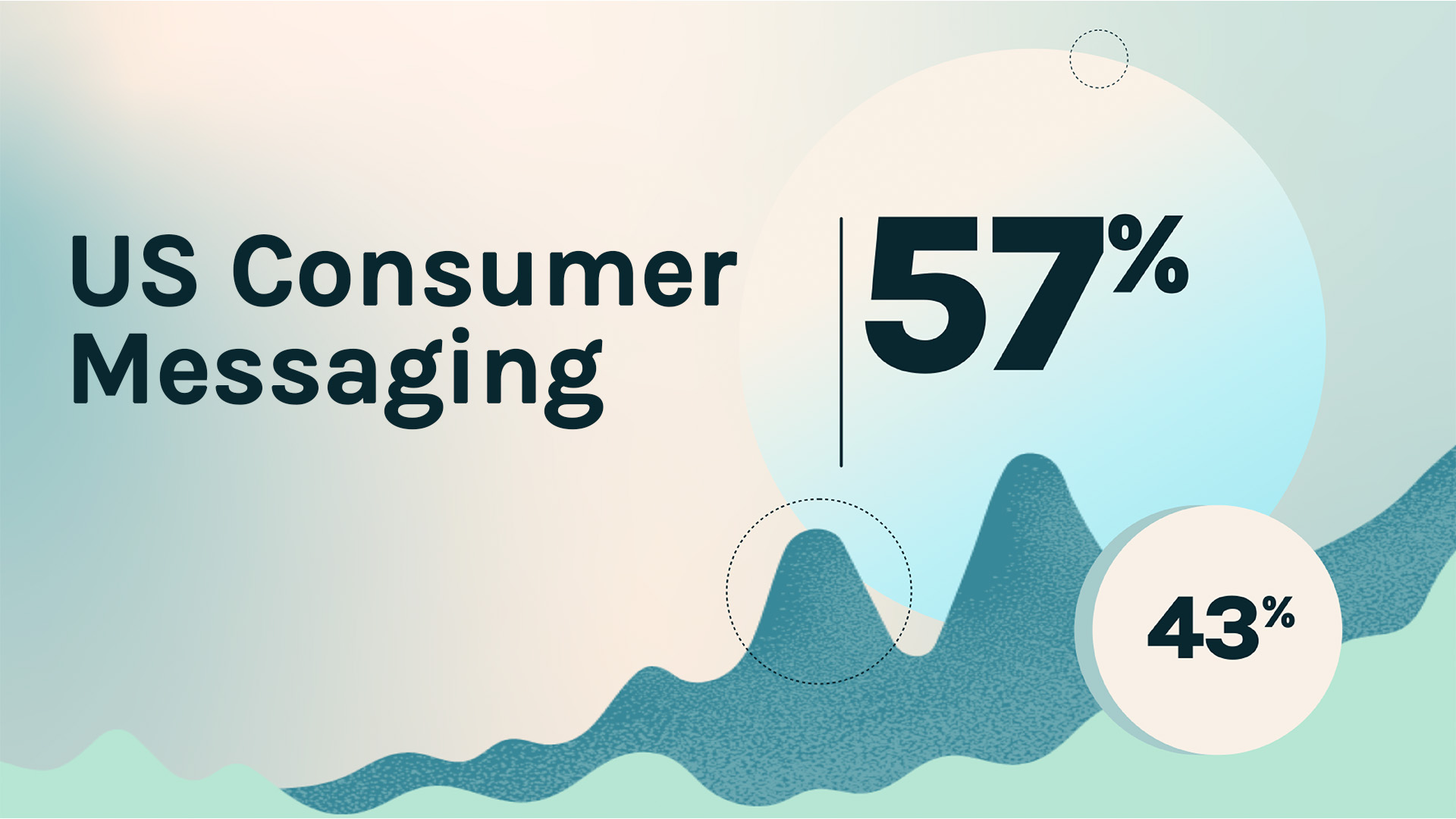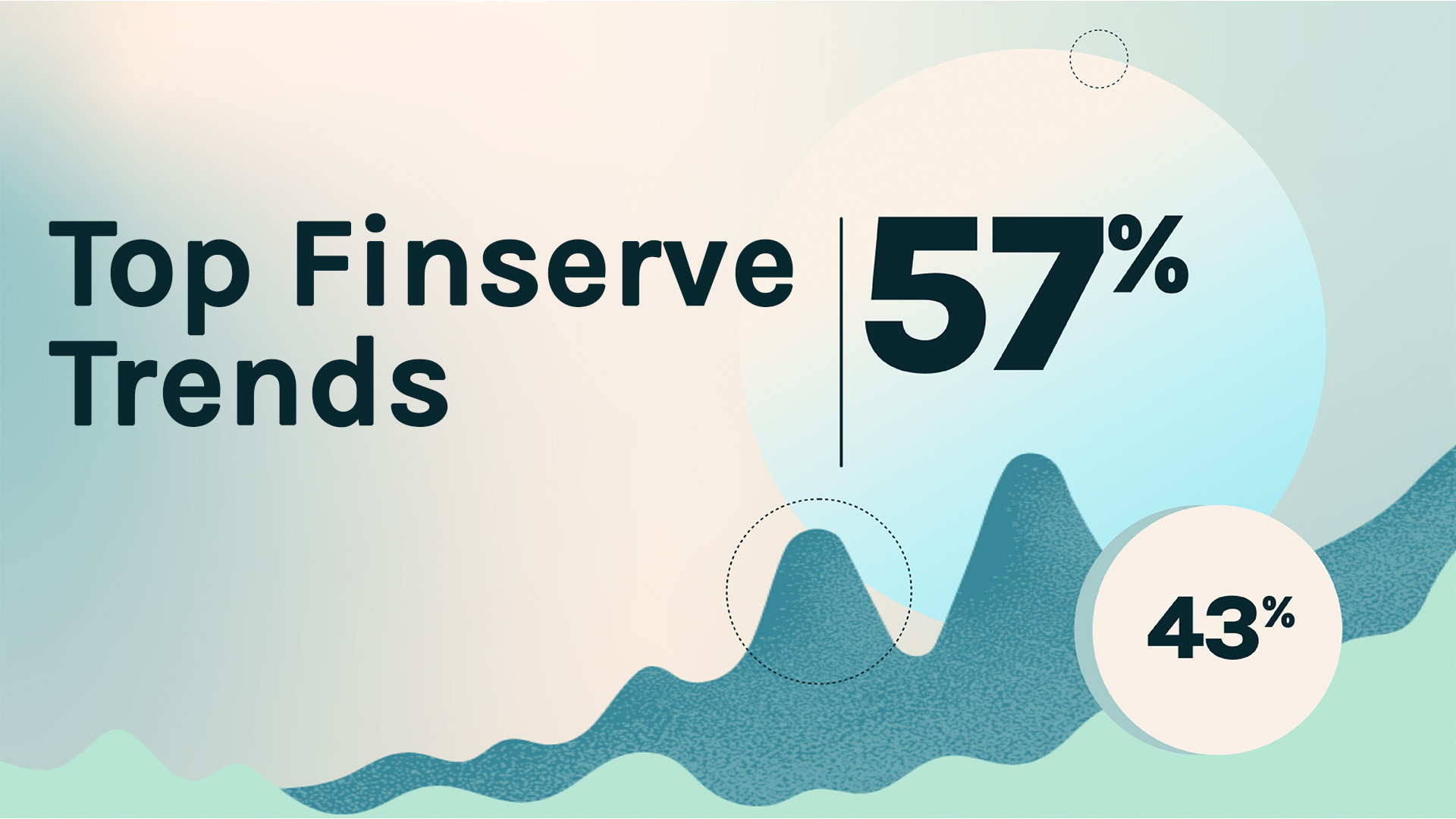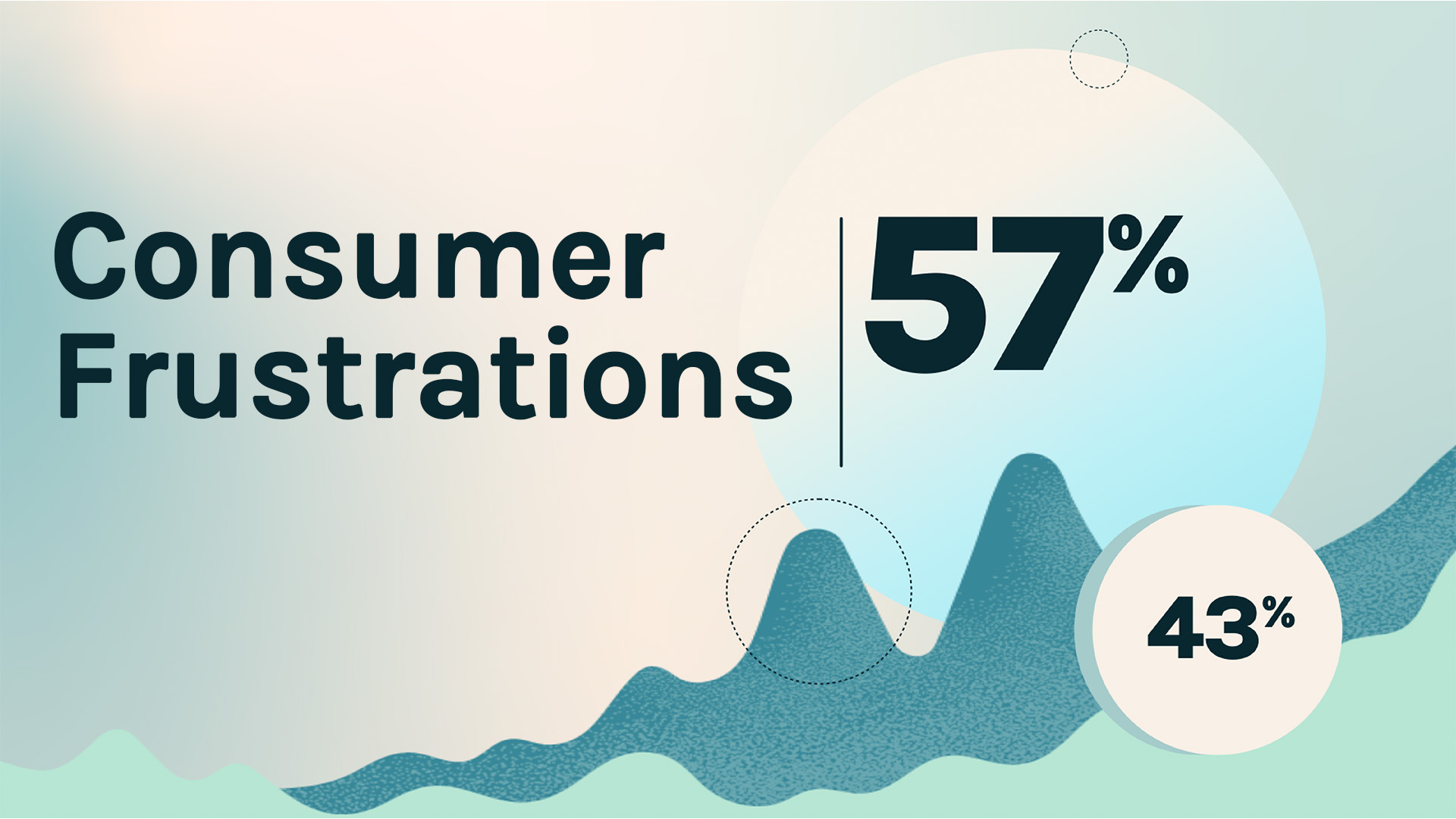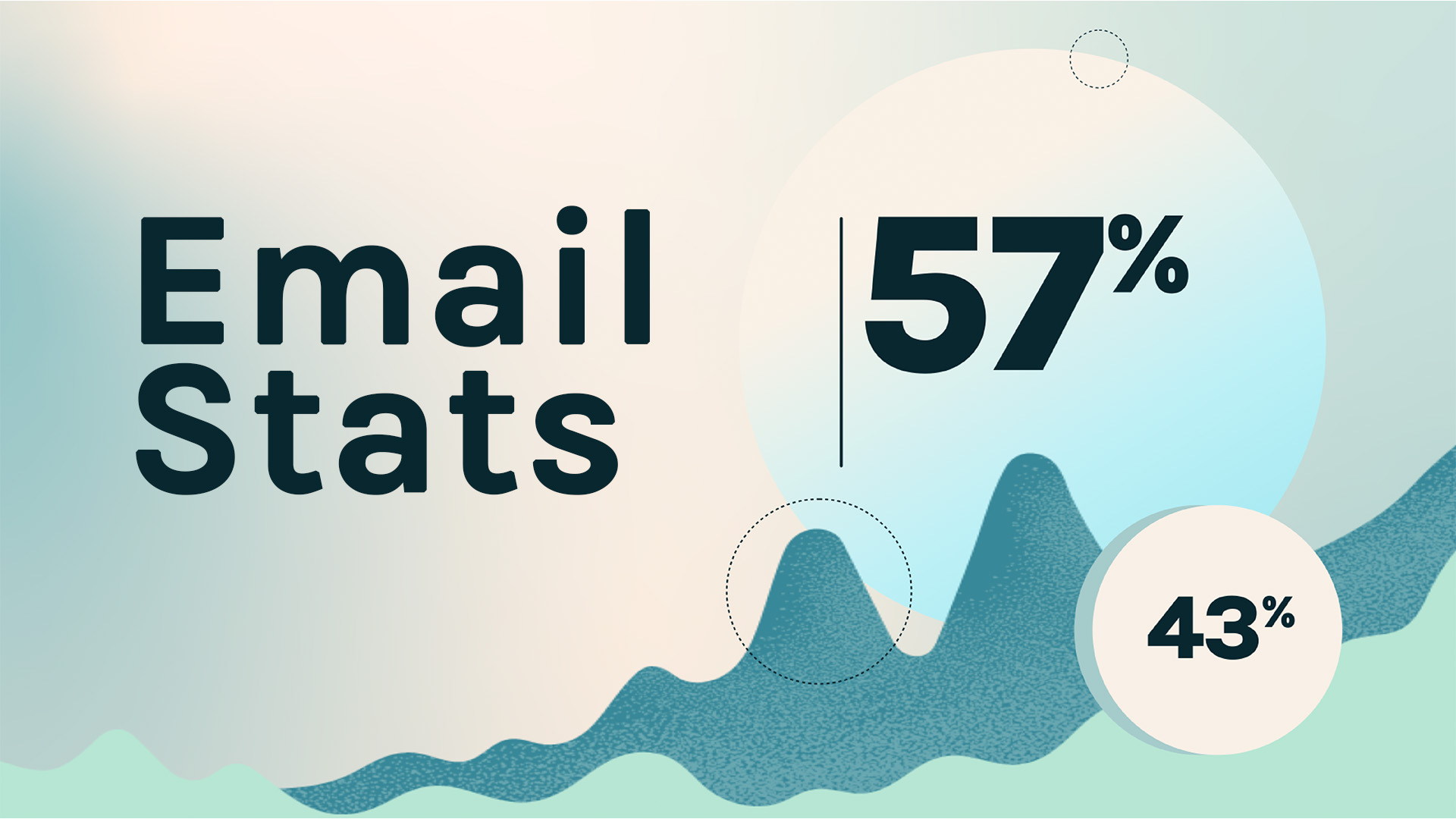IAB's Roadmap for a Cookie-less Future
- 0.5
- 1
- 1.25
- 1.5
- 1.75
- 2
Rich: Today, we're going to look at a really interesting new report from the IAB about this pivotal moment in ad tech disruption and what marketers need to do to prepare for what comes next. Stay tuned.
Speaker 2: Rich, this is giant. I mean, the IAB, I mean, the pinnacle of advertising guidance is coming out with a report that they put together with PWC, PricewaterhouseCoopers. I can't believe it. Just let's get in. What are the key takeaways in this report? We only have 10 minutes, so let's make it easy on everybody.
Rich: Yeah, got it. So, this report is focused on the how and why the advertising supported digital ecosystem isn't an inflection point, and how to prepare for and direct what's next. Now central to the report, the IAB pose a question, and let me quote it." Business leaders in the digital advertising ecosystem need to ask themselves a key question. Are we operating in a way that provides a clear value exchange to consumers in the long- term? Across the industry, there is clear opportunity to up- level the consumer value exchange to one that fosters long- term consumer relevance and value."
Speaker 2: Did I just hear the advertising board basically say value exchange? You need a longer- term relationship in a value exchange.
Rich: Yes, indeed.
Speaker 2: Not more tracking and cookies and banner ads and things. Is that what I heard?
Rich: That's very true. That is very true.
Speaker 2: All right. So hold on a second. So you can offer a value exchange that fosters long- term consumer relevance. I don't understand. Tell me more. Tell me where they're coming from.
Rich: Yeah. The question that probably many people are thinking is how do you do that in advertising, and at long- term value too?
Speaker 2: Yeah. Well, I know how to do it, but go ahead. Go ahead.
Rich: The reality is, and I could flippantly answer this and say, yeah, you can drive a long- term value exchange with consumers through advertising if you're advertising a loyalty program. That would be my flippant response, but actually, and I did think that as I was reading the report, but as I read through the report, I started to understand that actually it may be we're on the same platform. They were on the same level as what we've been talking about here. So let's take a look at actually how they define what value means to consumers.
Speaker 2: True.
Rich: So you can see here that they've got three main areas. They've got free services plus, so of course free services is a form of value exchange. But then they also have personalized discounts. The consumer must believe that a required action, e. g. sharing additional data with a brand, is a fair trade for a discount on the products or services.
Speaker 2: Sure. So, I give you some information about me, my behaviors, my purchase behaviors, what I might be thinking in the future, and you in turn, brand, happily give me 20% off or something.
Rich: Exactly, exactly.
Speaker 2: Got it. I'm with you.
Rich: And then they had a third piece here, which is contextually differentiated and improved experiences. And they state, the consumer gets a desirable bonus for a certain action, e. g. loyalty programs that feel personalized, unique and enhanced. So, I mean, look, you've got the free services for ads. That's been around for ages. That's old news.
Speaker 2: Yeah, yeah, yeah, the gifts we get.
Rich: But the IAB saying personalized discounts, give people a value exchange in return for their data, that's new. I mean, these contextually differentiated, improved experiences that provide a value exchange, such as loyalty programs offering a unique, personalized enhanced experience. These are very new things to someone like the IAB to be talking about.
Speaker 2: Yeah. Look, maybe they've been watching a lot of Thinking Caps and they came up with this idea.
Rich: Who knows.
Speaker 2: Who knows where they came with it, but it works when you do it. So to summarize, value exchange for data. We've been talking about that a lot and we have tons of resources on how you can do that.
Rich: The zero party.
Speaker 2: Yeah. That's the core of zero party. Again, my psychographic information, not things that you can deduce from inference or behavior tracking, but two, for them to talk about the importance of a loyalty program to provide that long time value exchange, incenting customers, that's new. And that's, I agree. All I can say is I agree.
Rich: Yeah, 100% I agree. So, the other thing is with the IAB now starting to talk about this value exchange for zero party data and the importance of loyalty programs, they're also coming across some of the same issues that we talk about a lot with our own consumer research that we're doing with Econsultancy and stuff, which is this growing trust gap between brands marketing, and consumers are on the other side. And so they're talking about, as they talk about it here, these data points of like 36% of consumers say they are less comfortable sharing their information now than they were a year ago, 76% of global consumers indicate that they think sharing my personal information with companies is a necessary evil in today's modern economy, or 85% of global consumers said they wish there were more companies that I could trust with my data. So, they're zeroing in on, yeah, you need to collect all this data direct from consumers, but there is this trust issue, which has been built up over a number of years because of the way marketing has been fairly loose and fast with people's data.
Speaker 2: Yeah. So if you're trying to sell me a purple little pill and you're tracking me around the web, I probably don't trust you much. But the other brands, we've mentioned them before, I'm not going to mention them here, the ones that are actually using data for good and actually personalizing, you kind of trust with them. And look, we just launched an Econsultancy report where 5, 000 respondents from across the globe talk to us about brand trust. So if you don't have that cheetahdigital. com/ resources, it's the 2021 consumer index. There's some more data on this. And look, at Cheetah, we've been collecting hundreds of millions of zero party data records for brands across the globe.
Rich: Every year.
Speaker 2: So if you are building up that trust, if you have a good relationship with your consumers, whether they're your customer or not yet your customer, if you're transparent, you can get the data you need. You can get the zero party data. It's just about that value exchange. So we've already been doing this. So, I know that they're coming around.
Rich: Yeah. And at the end of the day, Cheetah Experiences is a great platform for collecting that zero party data. But here's what the IAB are actually saying to marketers as a warning. I quote," Current identity measurement and attribution models, including those that use cookies and other third party identifies, are not perfect. After the obsolescence of cookies and other identifies used to track ads actually happens, many executives expect the measurement will get more disjointed, attribution models will be upended and discerning ROI will become harder. Organizations that do not understand and have a plan to address the impacts created by the loss of ad tracking capabilities for their business are unlikely to meet the changing needs of their stakeholders." Now, totally agree.
Speaker 2: Well look, Martin Pritchard set this in motion for the largest advertiser in the world two years ago. So, this shouldn't be news to many.
Rich: No, it shouldn't. And the other natural conclusion that this report comes to, which is following on from the things we've just talked about, is that they say new consumer identity patterns foster a direct to consumer imperative. The evolution of consumer identity attribution driven by the potential of a cookie- less world have added emphasis to direct to consumer DTC models. And here they list a bunch of benefits that you, as a brand, as a marketer will get by having that direct to consumer connection.
Speaker 2: Look, we have 90 seconds left, and there are great examples. Do not fear, if you are a brand that doesn't have a direct response or connection to your audience, you sell through another retail chain, we can still help you. Cheetah Digital has amazing case studies of brands like yours, where you can get the coveted zero party data. You don't have to be selling direct to consumer when they say direct to consumer there. So, what are the takeaways here?
Rich: So, the ticket is I'd say that marketers need to isolate themselves from this disruption of the cookie- less future. I completely agree with what the IAB is saying. So take heed of what the IAB is saying and take a look at Cheetah Digital's customer engagement suite to implement the direct to consumer imperative that they're talking about. And this slide essentially gives you this personalized path to consumer database, from using Cheetah Experiences to turn unknown consumers to known, to collecting and pulling your first party data with customer data platforms, such as the engagement data platform, and then implementing loyalty platforms, such as Cheetah Loyalty, to do that long- term engagement and value exchange with the consumer. This is the future.
Speaker 2: I love it. I love that they made this report. Let's wrap it up. We're just under 10 minutes. Again, Thinking Caps, thanks for watching. We're going to be covering all of this news. Go get some reports, check out cheetahdigital. com under the resources tab. Thanks for watching on LinkedIn or iTunes or wherever you're finding us. See you next time.
Rich: See you next time.
DESCRIPTION
The Interactive Advertising Bureau (IAB) released a new report suggesting brand advertisers need to collect consumer data via a clear value exchange with consumers to ensure long term viability. They also note that advertising dollars should be funneled into customer experience - including loyalty programs. This is a massive shift and validation on zero- and first-party data. Watch as we break down the key takeaways from this extensive report.

